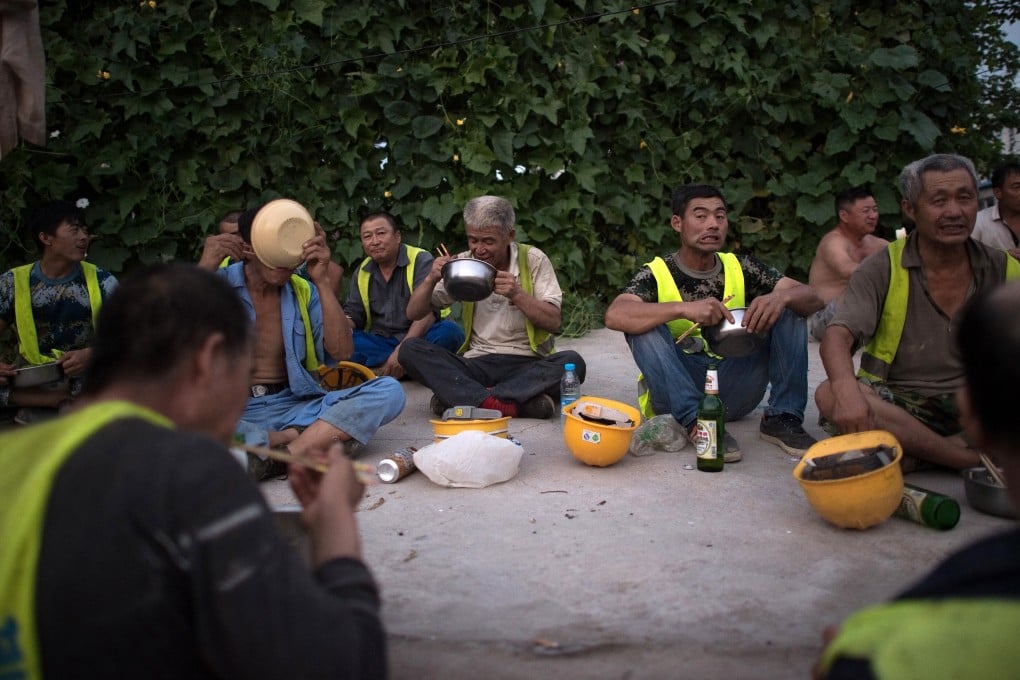China’s migrants workers should be given local resident status, could boost spending by up to 30 per cent
- Granting city residents full urban hukou status would unleash potential spending, according to People’s Bank of China’s monetary policy committee member Cai Fang
- A hukou is an official document providing full access to local public services, such as schools and hospitals, but it is based on the birthplace of the holder

Providing migrant workers in Chinese cities with full access to local government services would boost their consumption by as much as 30 per cent and help China double its middle-income population, an adviser to China’s central bank said.
Nearly 64 per cent of Chinese people live in towns and cities, but only a bit more than 45 per cent have an urban hukou, an official document providing full access to local public services such as schools and hospitals, Cai Fang, a member of the People’s Bank of China’s monetary policy committee, said in a speech posted online.
Granting city residents full urban hukou status would unleash potential spending, Cai said, citing research that migrants would boost consumption by 27-30 per cent if they had such a status.
China’s government said last year the status would be eliminated in cities with fewer than 3 million residents and relaxed in cities with populations of 3 million to 5 million. Local governments have long resisted such plans, citing fiscal constraints.